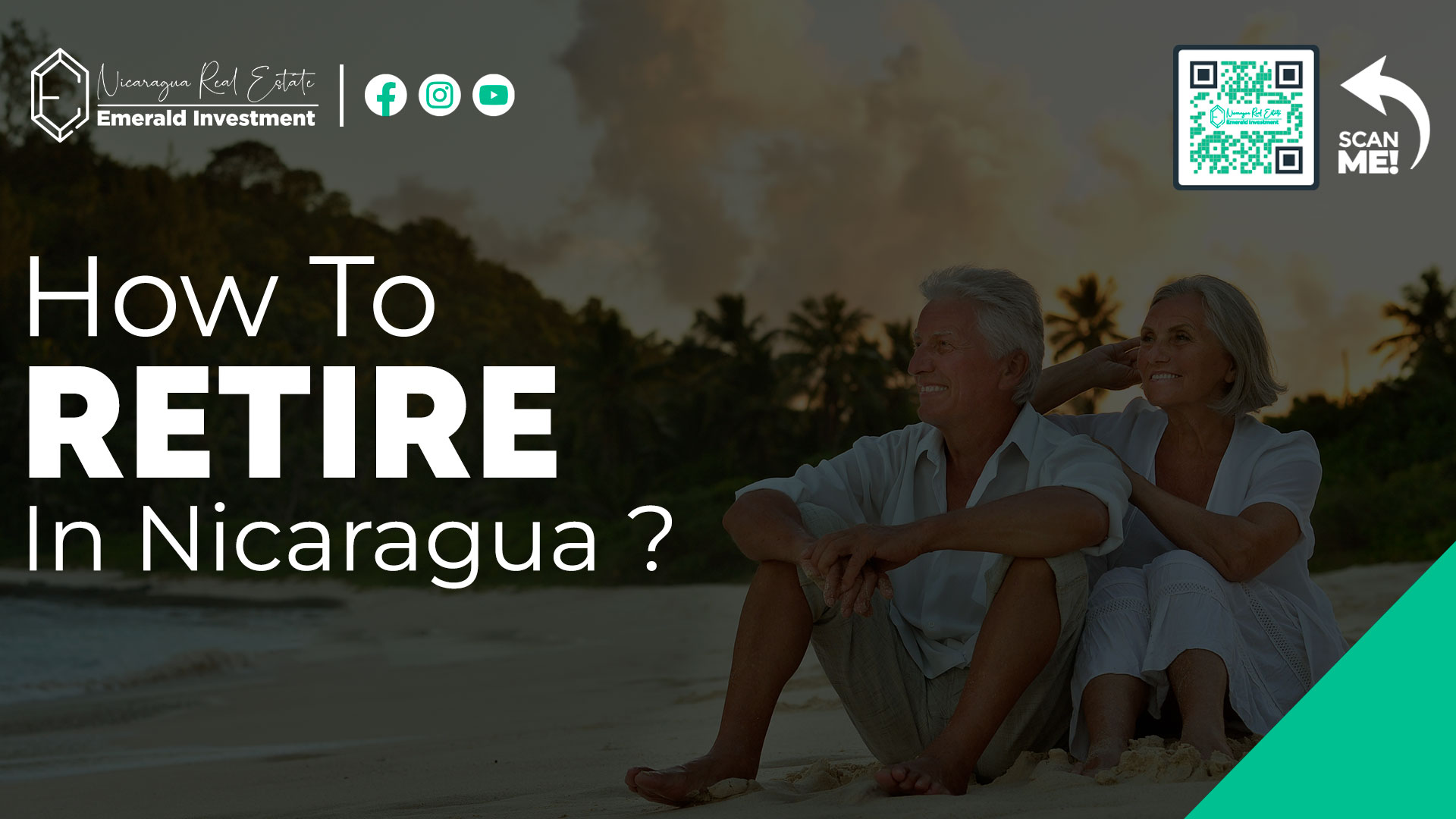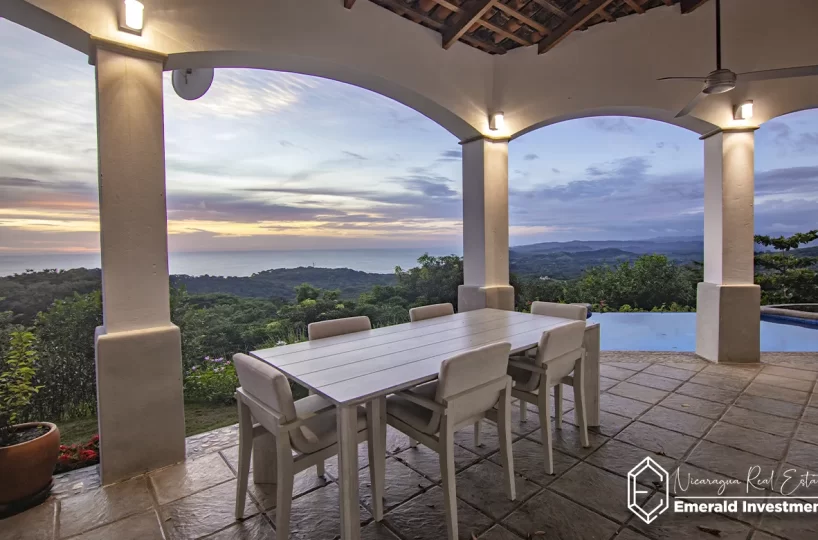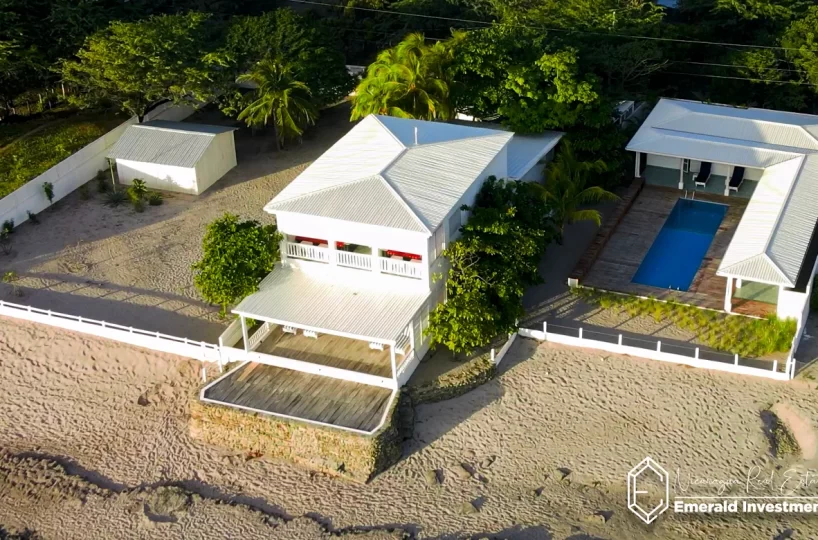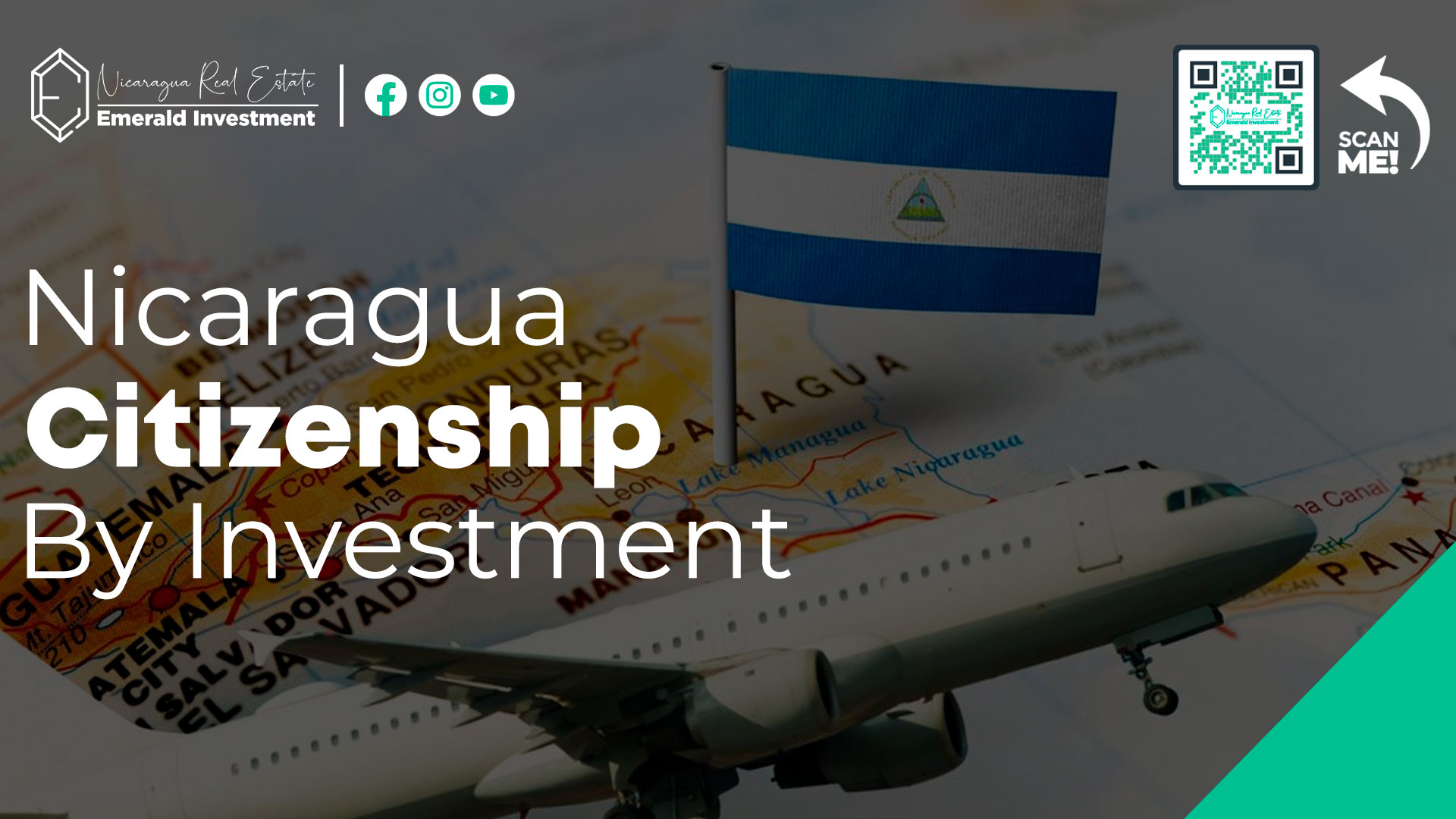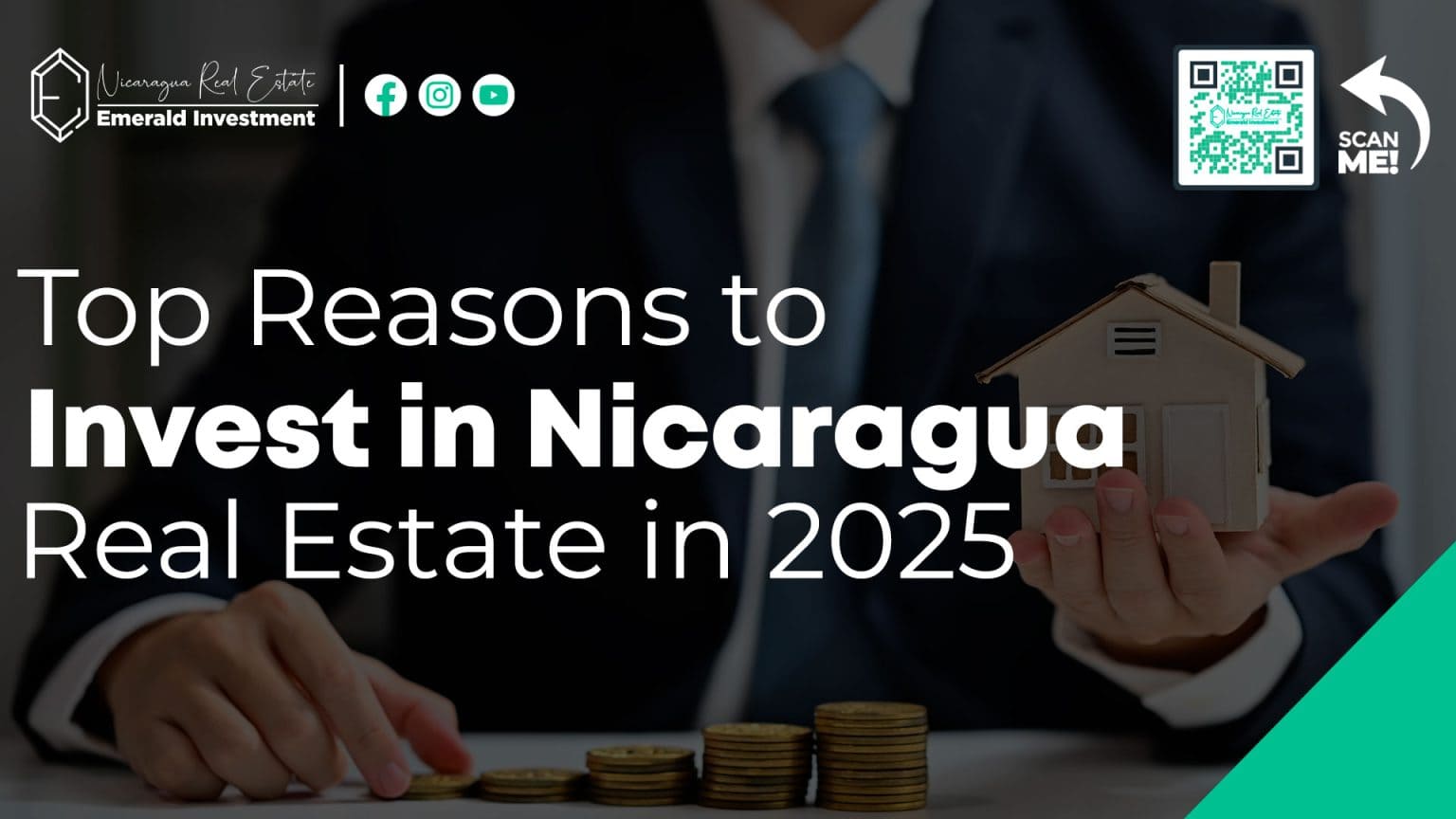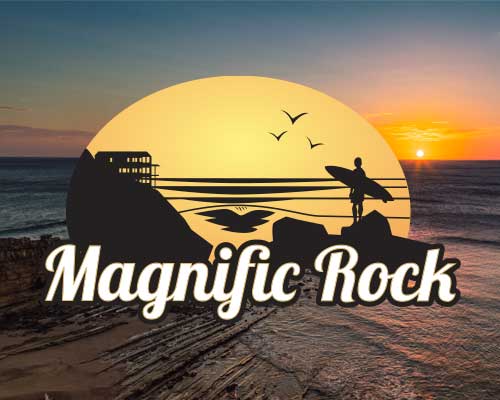Retiring in Nicaragua offers a unique opportunity to experience new cultures, enjoy a lower cost of living, and embrace a relaxed lifestyle. Among the many appealing destinations for retirees, Nicaragua stands out as an emerging retirement haven. With its stunning natural landscapes, warm climate, and affordable living expenses, retiring in Nicaragua can be a dream come true. In this comprehensive guide, we will outline the key steps to help you make a smooth transition and retire in Nicaragua, allowing you to embrace the tranquility and beauty this Central American gem has to offer.
Before embarking on your retirement journey in Nicaragua, thorough research and careful planning are essential. Here are some questions you should be asking yourself:
1. How is the Cost of Living in Nicaragua:
One of the primary reasons to retire in Nicaragua is the low cost of living. Research the average expenses, including housing, healthcare, transportation, groceries, and entertainment, to determine how far your retirement savings will stretch in this vibrant country. Check out our “The Cost of Living in Nicaragua 2024“ blog.
2. How is the Lifestyle and Climate in Nicaragua:
Nicaragua offers a diverse range of lifestyles, from beachfront living like Popoyo to charming colonial cities like Granada. Decide on the type of environment that aligns with your preferences and investigate different regions of Nicaragua accordingly. Additionally, consider the tropical climate and its impact on your health and well-being. For those seeking a serene community with modern amenities, Hacienda is an excellent option to live or enjoy your retirement visit our blog “Top 5 Reasons to Live/Retire in Hacienda Iguana Nicaragua“
3. How is Healthcare in Nicaragua:
Familiarize yourself with the healthcare system in Nicaragua and identify reputable hospitals and clinics in your chosen area. Research the quality of care, availability of specialists, and medical services that meet your needs.
Private healthcare plays a significant role in Nicaragua’s overall healthcare landscape, providing services primarily to the urban population and those with the means to afford it.
Quality of Care in Private Hospitals:
Private healthcare facilities in Nicaragua generally offer a higher standard of care compared to public institutions. Private hospitals and clinics often boast modern infrastructure, state-of-the-art medical equipment, and well-trained medical professionals. The emphasis on quality attracts patients seeking specialized treatments and a more personalized healthcare experience.
Check out some Hospitals with a certificate doctors and bilinguals speakers:
Access and Affordability:
Private healthcare in Nicaragua is primarily accessible to the more affluent segments of society. The cost of private healthcare services can be significantly higher than public alternatives, making it less accessible to the majority of the population, particularly those in low-income and rural areas. Consequently, healthcare inequality persists, with limited access for marginalized communities.
Advantages of Private Healthcare:
Shorter Waiting Times: Private healthcare facilities generally have shorter waiting times for appointments, consultations, and medical procedures. This aspect is especially appealing to patients seeking prompt medical attention or elective treatments.
Specialized Services: Private healthcare providers often offer a wider range of specialized services and procedures. Patients requiring complex surgeries, advanced diagnostic tests, or specialized treatments may find private healthcare more suitable for their needs.
Enhanced Patient Experience: Private healthcare facilities strive to provide a more comfortable and personalized experience for patients. This can include amenities such as private rooms, personalized care plans, and a greater focus on individualized attention and patient satisfaction.
4. Finances Management in Nicaragua:
Discuss your retirement plans and financial situation with a qualified financial advisor. They can provide guidance on managing your investments, tax implications, and any other financial considerations related to retiring in Nicaragua.
Open a local bank account in Nicaragua to simplify financial transactions and manage your day-to-day expenses. Research reputable banks and understand their services, fees, and requirements for non-resident account holders.
Stay informed about currency exchange rates and strategies to manage your finances effectively. Consider utilizing a foreign exchange service or a local bank to transfer funds from your home country to Nicaragua.
5. How can I receive my Social Security and Pensions in Nicaragua:
To receive your Social Security benefits and pensions in Nicaragua, you can follow the steps outlined below:
- Contact Social Security Administration (SSA): If you are a U.S. citizen, you should first contact the Social Security Administration (SSA) in the United States. Notify them of your intention to receive your benefits in Nicaragua and inquire about the available options for international payments.
- Direct Deposit: The most convenient and reliable method to receive your benefits is through direct deposit into a Nicaraguan bank account. You will need to provide the SSA with your bank account information, including the bank’s name, branch address, account number, and routing number or International Bank Account Number (IBAN).
- International Direct Deposit Service: The SSA offers an International Direct Deposit Service (IDDS) to facilitate direct deposit of benefits to foreign bank accounts. You can contact the SSA or visit their website to learn more about this service and the necessary steps to set it up.
- Documentation: Depending on your specific situation, you may need to provide certain documentation to the SSA, such as proof of your identity, citizenship, and entitlement to benefits. Ensure you have all the required paperwork readily available to expedite the process.
- Nicaraguan Bank Account: If you don’t have a Nicaraguan bank account, you will need to open one. Research local banks to find a reputable institution that suits your needs. Visit the bank in person with the required identification documents to open the account. The bank will provide you with the necessary account details to share with the SSA.
- Notify the SSA: Once you have the required documentation and your Nicaraguan bank account is set up, inform the SSA of your account details. This will enable them to initiate the direct deposit of your Social Security benefits or pensions to your designated Nicaraguan bank account.
- Confirm Payments: After the setup is complete, regularly monitor your Nicaraguan bank account to ensure that the Social Security benefits and pensions are being deposited correctly. Keep in touch with the SSA to address any issues or concerns that may arise during the process.
It is important to note that the process may vary depending on your specific circumstances and the regulations of the country issuing your benefits. Therefore, it is advisable to contact the relevant authorities, such as the SSA or your pension provider, for personalized guidance and to ensure compliance with all necessary requirements.
6. Is Nicaragua Safe?
While Nicaragua is generally safe for retirees, it’s important to take precautions to ensure your well-being. Research the safety situation in your chosen area, follow local news, and be aware of common scams or potential risks. Maintain general safety practices like securing your home, being cautious with personal belongings, and staying informed about local laws and regulations. Is Nicaragua Safe to Visit in 2023? | Safety Concerns
7. How to get a Residency in Nicaragua:
Learn about the visa and residency requirements for retirees in Nicaragua. Determine the most suitable option for your situation, such as a retirement visa, investment visa, or temporary residency.
To obtain residency in Nicaragua, you will need to follow certain procedures and meet specific requirements. Here is a brief overview of the process:
- Determine the Residency Category: Nicaragua offers various types of residency, including retirement, investment, work, and family reunification. Determine the category that best suits your situation and objectives.
- Gather Required Documentation: Prepare the necessary documentation for your chosen residency category. This typically includes a valid passport, birth certificate, police clearance certificate, health certificate, proof of financial solvency, and any additional documents specific to your chosen category.
- Engage a Lawyer or Residency Specialist: It is recommended to engage the services of a qualified lawyer or residency specialist who is knowledgeable about the Nicaraguan immigration process. They can guide you through the requirements, assist with the paperwork, and ensure that you comply with all necessary regulations.
- Submit Application and Pay Fees: Submit your residency application and pay the associated fees at the immigration office or consulate. The specific requirements and fees may vary depending on your chosen residency category.
- Background Check and Interviews: As part of the application process, you may undergo a background check and be required to attend interviews or provide additional documentation to support your application.
- Residency Approval and Temporary Residency Card: Once your application is approved, you will receive a temporary residency card that allows you to legally reside in Nicaragua. This card is typically valid for one year.
- Permanent Residency: After maintaining temporary residency for a specified period (usually two to three years), you may be eligible to apply for permanent residency. The requirements for permanent residency will depend on your chosen category.
- Citizenship: If you wish to become a Nicaraguan citizen, you can apply for naturalization after residing in the country for a specific number of years, meeting certain criteria, and demonstrating proficiency in Spanish.
It is important to note that the residency process in Nicaragua can be complex, and requirements may change over time. It is advisable to consult with an immigration lawyer or specialist who can provide up-to-date information and guide you through the process based on your specific circumstances.
8. Find Your Dream Home:
Nicaragua, with its beautiful landscapes, rich culture, and affordable cost of living, has become an attractive destination for those seeking their dream home abroad. Whether you’re looking for a tranquil beachfront property, a colonial-style house in a vibrant city, or a serene countryside retreat, Nicaragua offers a range of real estate options to suit diverse preferences. Rancho Santana Nicaragua – Homes for sale
- For SaleFinancing AvailableReduced

Rancho Santana Ocean View House | Casa O11 – Lot O-11 Tola, Rivas 94027 Nicaragua
USD $ 695,000 Previously: $ 735000
Rancho Santana Ocean View House | Casa O11 – Lot O-11 Newly renovated, move in ready home in the hills of Rancho Santana, a…
- 3
- 3
- 2,200 Sq Ft
- Approx | 5,019.91 m²
- Rancho Santana
Jackson Rowland

- For SaleNew Listing

Popoyo Beachfront House With Large Multi-Use Lot Tola, Rivas 94027 Nicaragua
USD $ 995,000
Popoyo Beachfront House With Large Multi-Use Lot – Don’t miss this amazing opportunity in playa Popoyo. Located in the heart of one of the…
- 3
- 3
- Approx | 3,560 m²
- Playa Popoyo
Jackson Rowland

9. How to Buy a House in Nicaragua:
As you prepare to embark on the journey of purchasing a house in Nicaragua, it’s likely that you’re experiencing a mix of excitement and emotions. However, before you begin your search, it’s essential to familiarize yourself with the intricacies and nuances involved in buying a house in Nicaragua.
Whether you’re seeking a beachfront getaway, a colonial-style gem in a historic city, or a serene countryside retreat, our blog post about How to Buy a House in Nicaragua will equip you with the knowledge and confidence to make informed decisions throughout the buying process.
10. Nicaragua Real Estate:
Investing in real estate in a foreign country can be an exciting and rewarding venture, offering opportunities for financial growth, diversification, and even personal fulfillment. However while the Nicaragua Real State market has shown promise, it is essential to conduct thorough due diligence, work with reputable real estate professionals, and stay informed about any recent market developments. It is crucial to choose a Nicaragua real estate company that you can trust implicitly to ensure a successful investment.
Visit Nicaragua:
Spend time exploring different regions, meeting locals, and engaging with the expatriate community. This will help you gauge your comfort level, establish connections, and gather valuable insights to make an informed decision.
Before making the decision to come to Nicaragua read our Nicaragua Entry Requirements 2023 updated guide.
Embrace the Nicaraguan Lifestyle:
Immerse yourself in the local culture by learning basic Spanish phrases and customs. This will help you connect with locals, navigate daily life, and fully appreciate the rich heritage of Nicaragua.
Engage with the Community:
Building relationships with locals can enrich your retirement experience. Engage in cultural events, attend language exchanges, or volunteer for local causes to connect with Nicaraguan residents and foster meaningful connections.
Connect with expatriate communities and support groups in Nicaragua. These networks can provide valuable advice, social activities, and a sense of community as you navigate your retirement journey.

